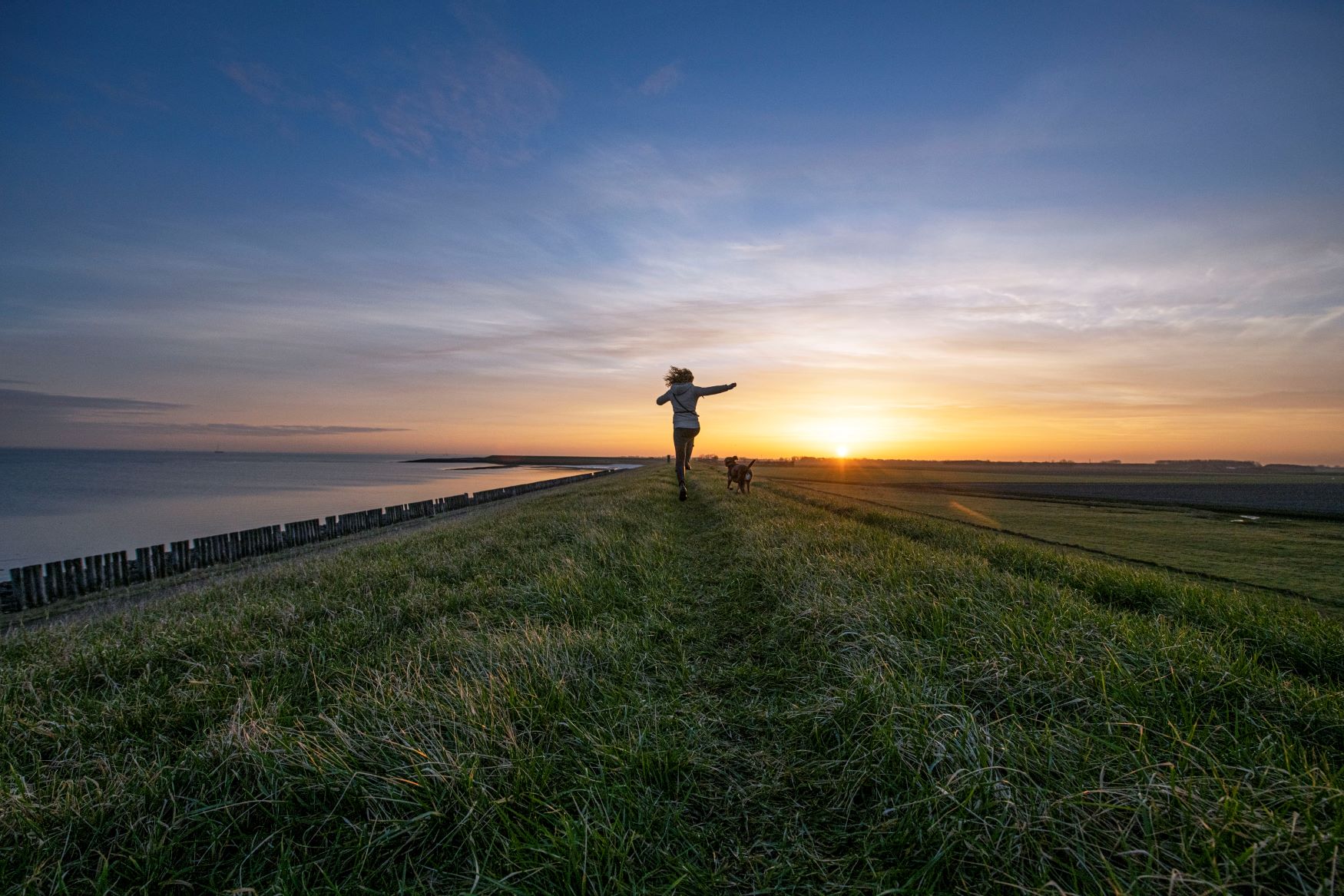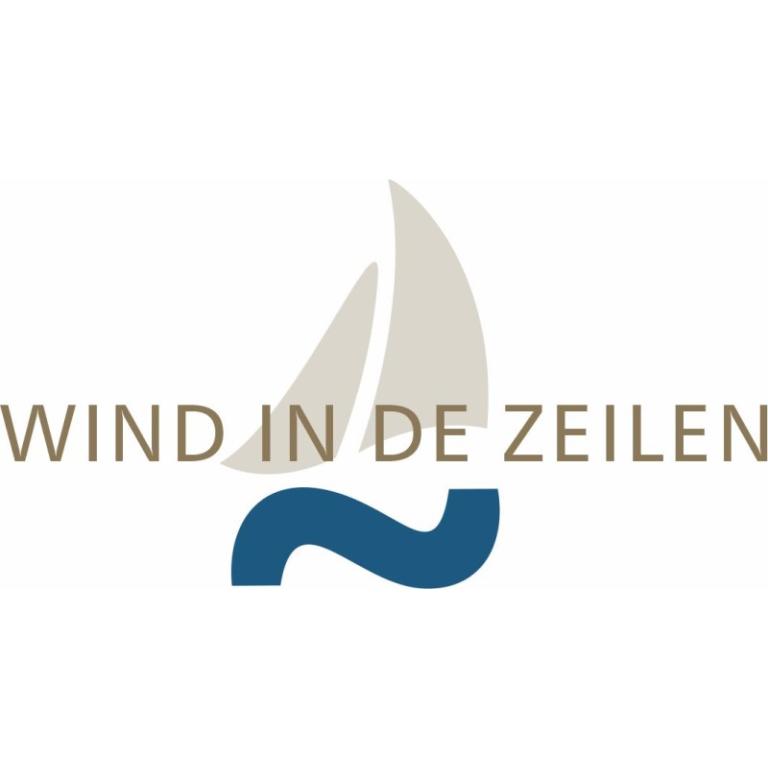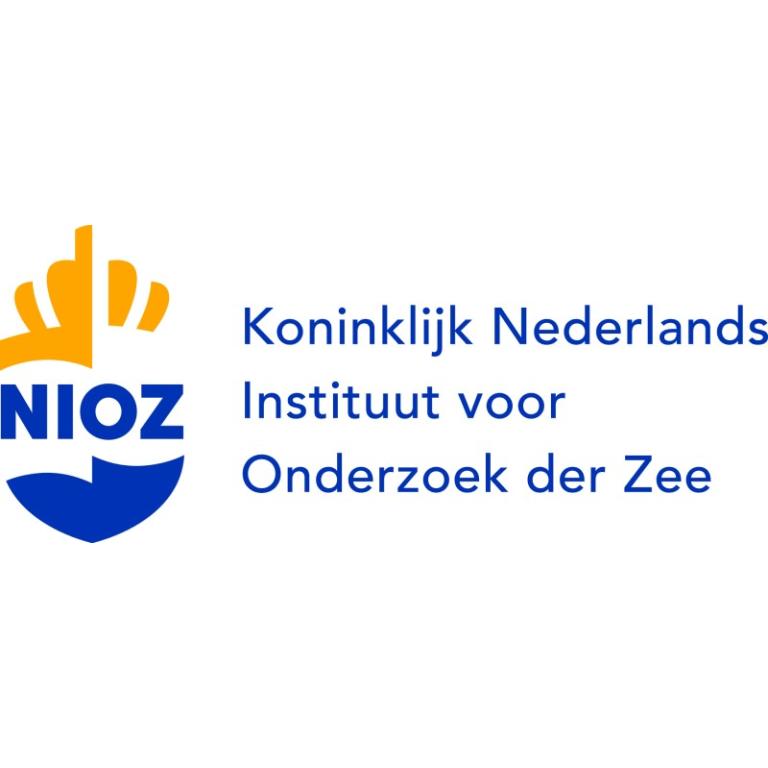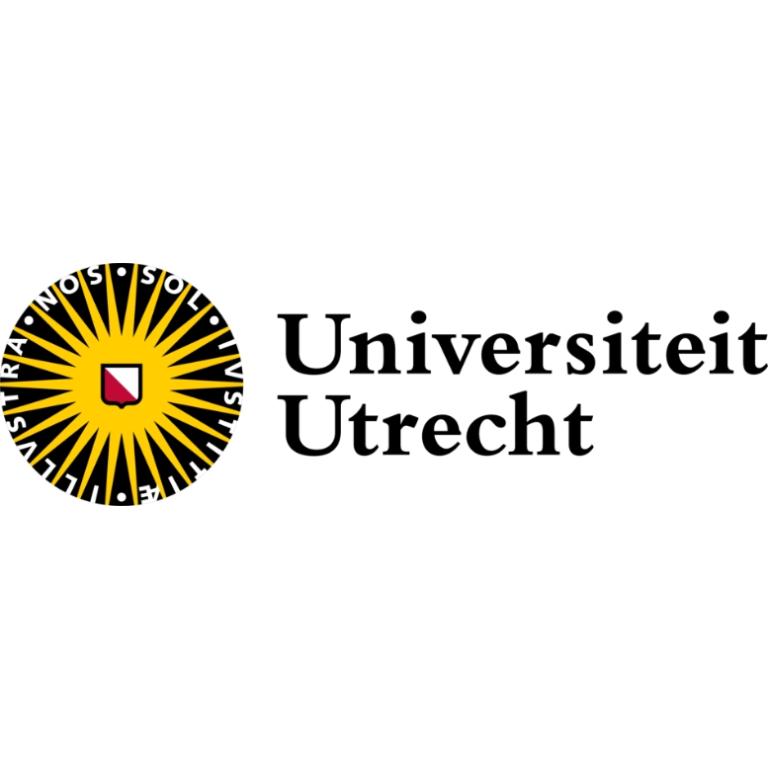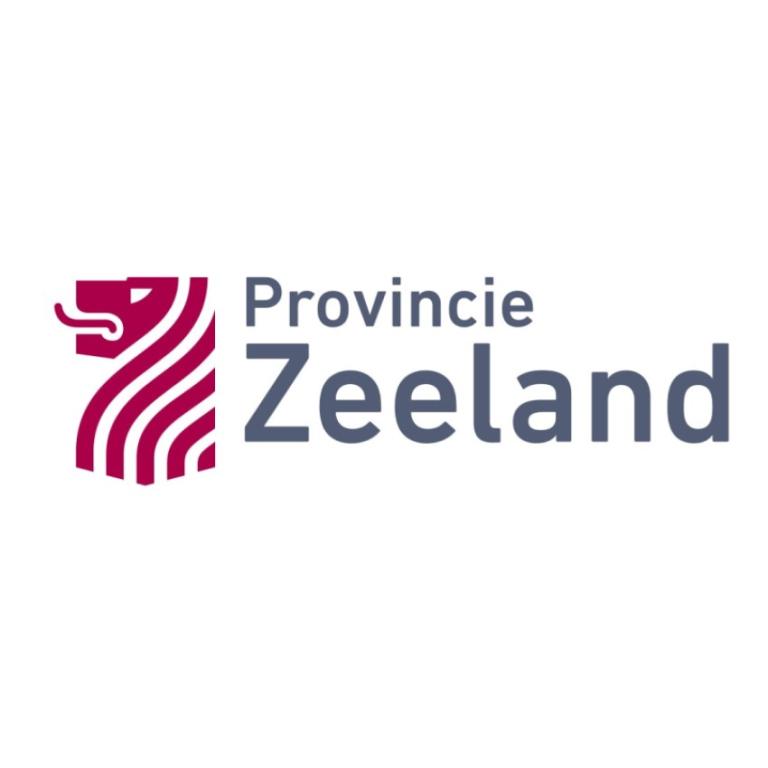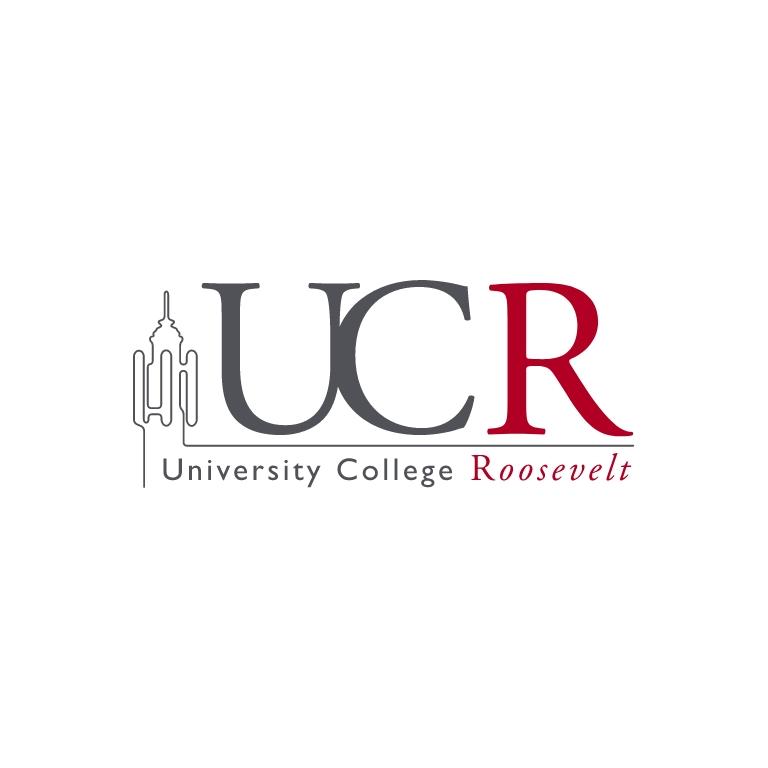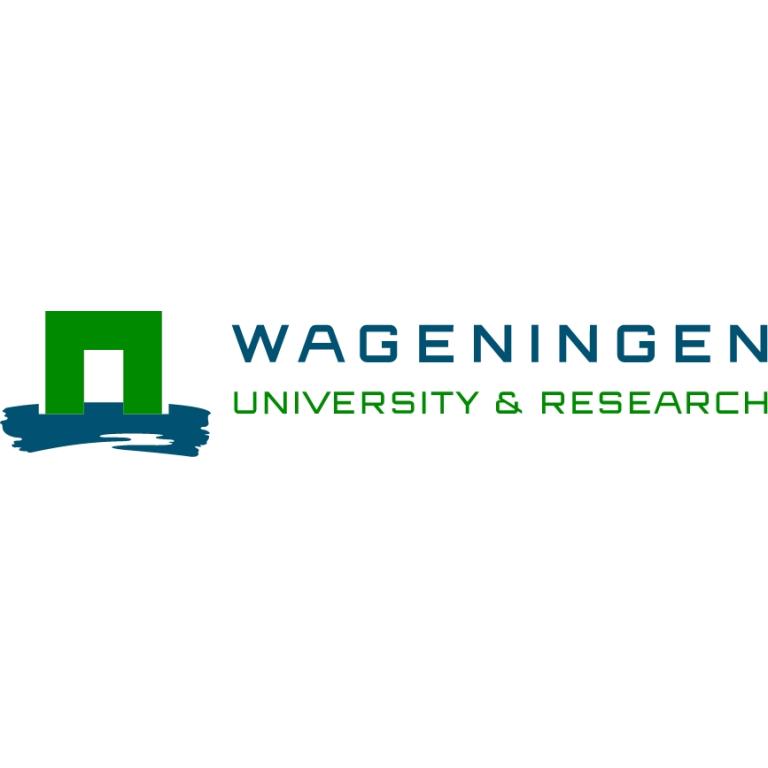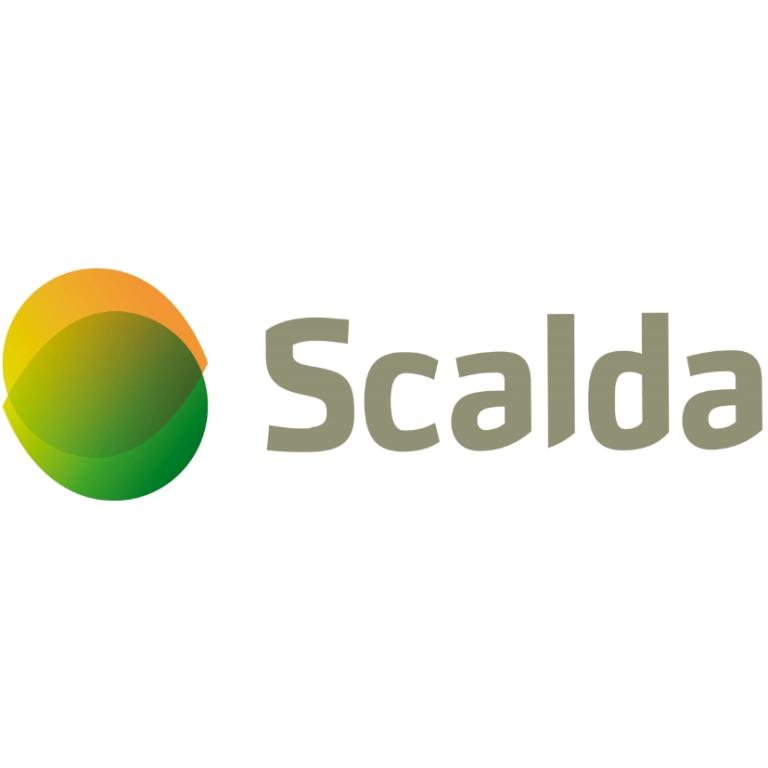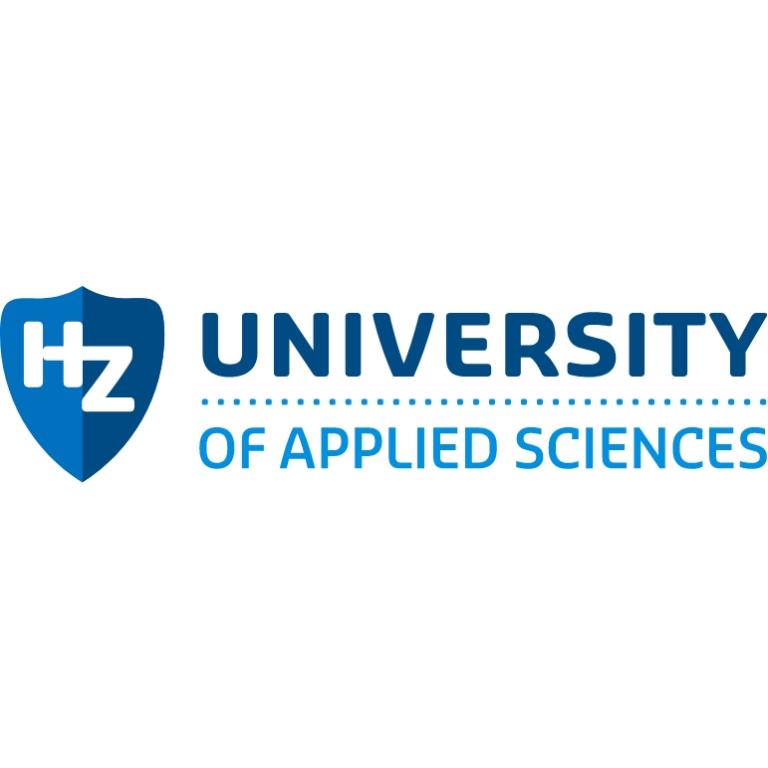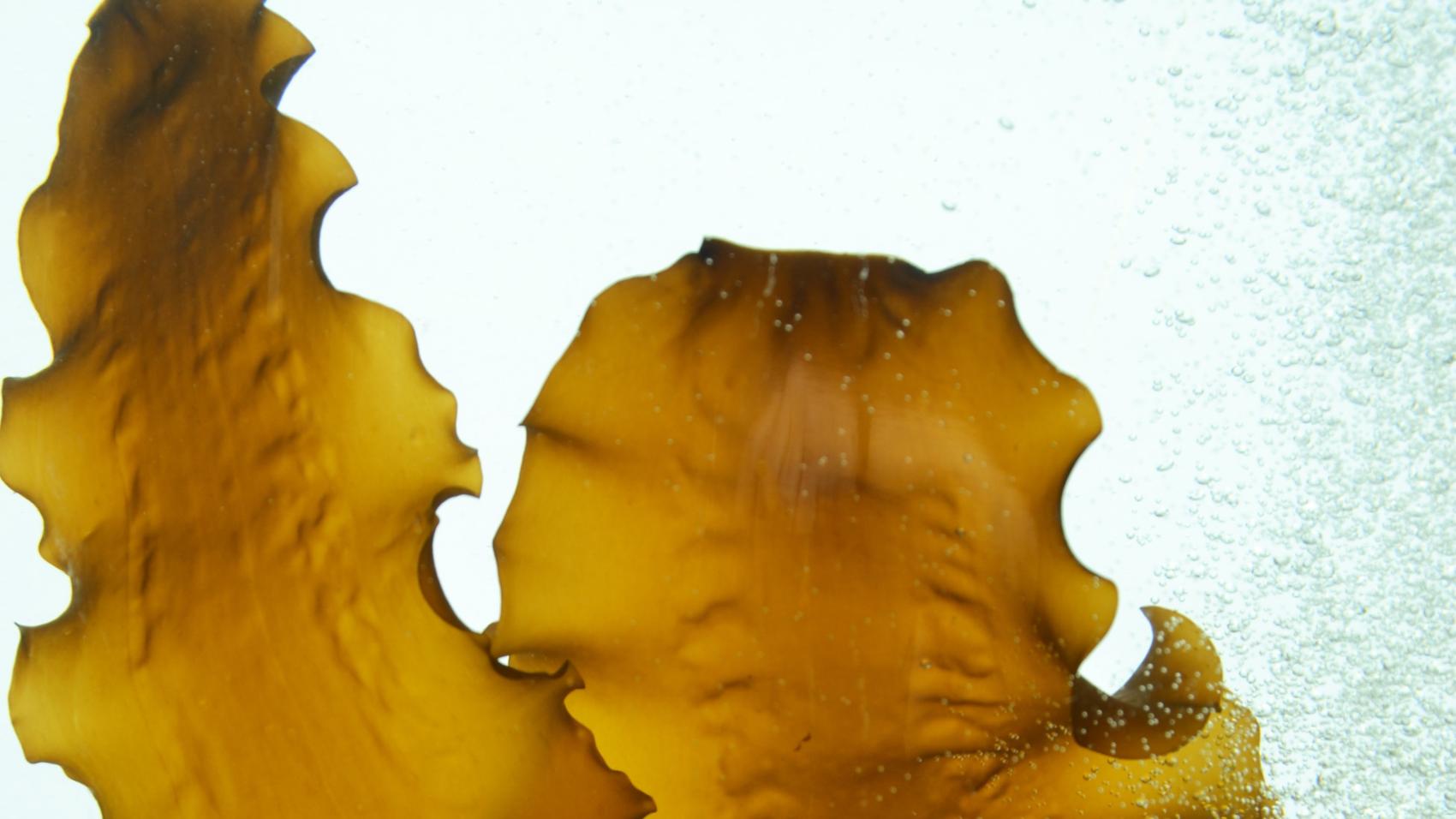

Delta Protein
Research into opportunities for the protein transition in Zeeland
Delta Protein
The Delta Protein project is investigating opportunities for the protein transition in Zeeland.
The researchers are doing this as part of the development and implementation of a broader food vision for the future. In this vision, the Zeeland delta is the source of healthy, sustainable, tasty and affordable food from land and sea.
This will create a more sustainable delta within the natural boundaries of the delta and with realistic earning opportunities for Zeeland entrepreneurs.
The project takes a transdisciplinary approach, drawing on the perspectives of stakeholders and individual disciplines to arrive at shared conclusions for the protein transition: the shift from animal proteins to proteins from low trophic levels.
Read Caroline Houmes' interview with project leader Klaas Timmermans below.
Delta Protein Icon Project: Co-creation in the delta
How the transdisciplinary food transition is taking shape in Zeeland
Every transition takes time, and this is even more true when multiple disciplines have to come together in a joint endeavour. This complexity deserves attention, especially for those who are being informed by project leader Klaas Timmermans about the iconic Delta Protein project.
Timmermans is a biologist and seaweed researcher at the Royal Netherlands Institute for Sea Research (NIOZ) and also works as a professor of Marine Plant Biomass at the University of Groningen. ‘Our task? To develop the Zeeland delta into a source of sustainable, tasty, affordable and healthy food, both from the sea and from the land. All this within the natural boundaries of the delta and with a good revenue model for Zeeland entrepreneurs.’
The Delta Protein icon project is a collaborative project between Utrecht University, Wageningen University & Research, Scalda, HZ University of Applied Sciences, University College Roosevelt and NIOZ in collaboration with the FoodDelta Zeeland innovation network. "Although more than 70% of our planet consists of water, we only obtain a fraction of our food from the sea. With this iconic project, we are building on existing research and activities and focusing primarily on the marine food transition. Anyone who faces reality immediately understands how complex this task is. To put it in perspective: mussels are not really in vogue and are mainly consumed by people over 50, whereas seaweed is terribly hip and seems to embody innovation and sustainability. Add to that the fact that the current added value of mussels and oysters is very limited and that scaling up seaweed production and processing requires considerable effort. In short, we have a long way to go together and are only at the beginning of a comprehensive transition.
Exploring opportunities for the protein transition
It is this complexity that Timmermans has to deal with as project leader. “A transition like this involves numerous stakeholders. Companies, citizens, water boards, recreation, nature conservation organisations, entrepreneurs; to name but a few. That is why, in my opinion, we can only explore the opportunities for the protein transition in Zeeland and identify the challenges and necessary preconditions through co-creation with all these stakeholders. For this reason, we are striving for a transdisciplinary approach. This means that, with the help of the perspectives of numerous stakeholders and different disciplines (from sociology to economics and biology), we want to arrive at shared conclusions for the protein transition and move from animal proteins to proteins from low trophic levels."
Getting started with four work packages
Timmermans emphasises that the transdisciplinary approach pursued in Delta Protein is essentially a joint learning process. The project works with four thematic work packages, the first two of which focus primarily on shaping and deepening this cross-domain collaboration. ‘In Work Package 1, for example, we ask ourselves: How do you get things done in consultation? But also: Who is really involved and what are the right questions to ask?’ says Timmermans. ‘In Work Package 2, the focus is on the question: How do you achieve a sustainable transition in the blue (sea) and green (land) domains?’
The other two work packages are more focused on food production. The central question here is how the existing food system can be made more resilient in light of climate change and the associated ecological shifts, such as rising water temperatures and changing biodiversity. An important part of this is broadening the current system, which still relies heavily on shellfish farming. ‘By looking at additional crops, such as seagrass and seaweed, we are building a more diverse and ecologically robust system. This broadening is a prerequisite for long-term resilience,’ says Timmerman.
Now it's time to get things up and running
Although this transdisciplinary approach is necessary, it inevitably also entails a certain slowness. Scientific processes are, by definition, meticulous, which sometimes conflicts with the speed at which entrepreneurs or other stakeholders expect results. "Some people are as enthusiastic as I am. Others find the idea of the protein transition threatening. We are working to get things up and running, and our DCC icon project is slowly gaining momentum. In September 2025, we will organise another meeting with all stakeholders. By engaging in dialogue and taking each other's perspectives seriously, mutual understanding is created. Only then can you move beyond the apparent contradictions and make co-creation truly possible."
